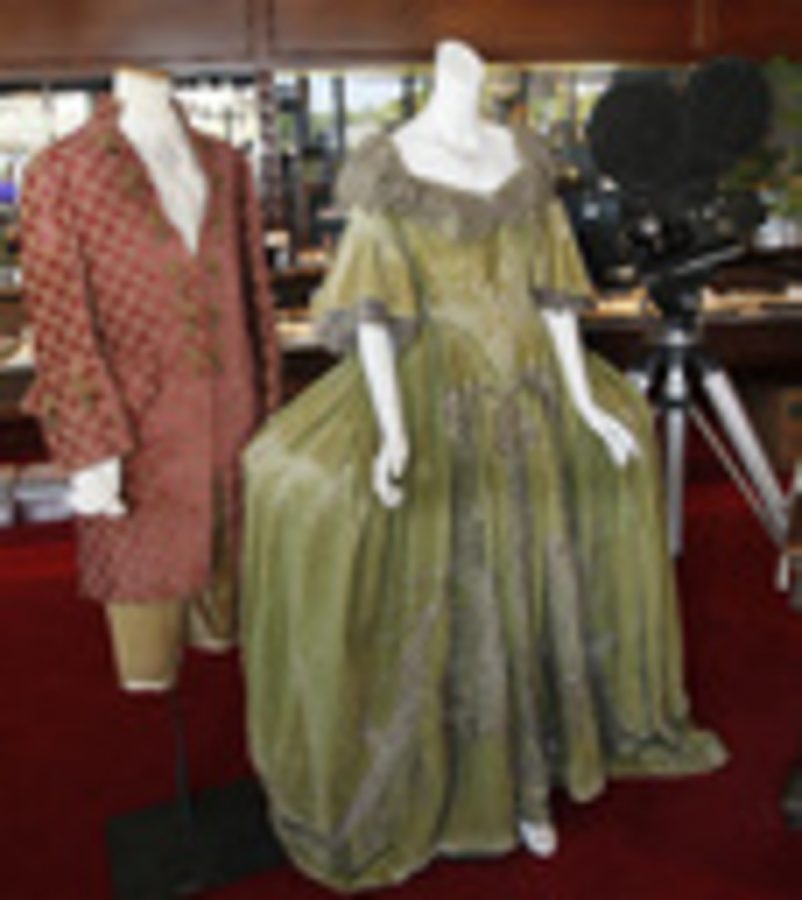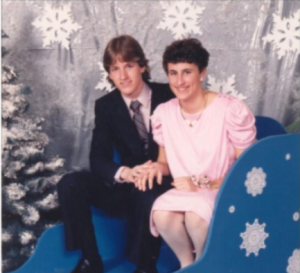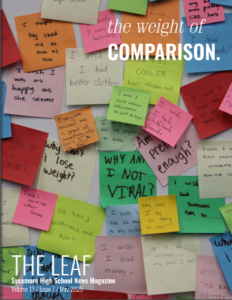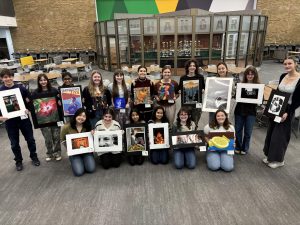French salons now in style
Students in Accelerated World History can choose to dress up as their person, bring in food or do both to receive extra credit. This can add to their character and makes the salon more realistic. It is the creativity that counts.
October 7, 2014
The first things that come to mind when the word ‘salon’ is brought up are typically manicures, pedicures, waxing and cosmetics. However, this is not the case for students in Mr. Andrew Ovington and Mrs. Leah Chapman’s Accelerated World History classes.
The word ‘salon’ first originated from the Italian word ‘salone,’ meaning lounge. It is French for ‘living room,’ which suggests its first usage to describe a meeting place where information and ideas were shared and discussed during the Enlightenment.
These classes are participating in a mock salon on Fri, Oct. 3. Students are to come as different people from this time period, ranging from Isaac Newton to Catherine the Great.
For the salon, they must have a creative name tag, prop and speech already prepared.
“This is used to let students experience what it feels like to be a part of a salon as another person,” Ovington said.
Students are allowed to dress up as their person as well as bring in food for extra points. Many of them are looking forward to mingling and acting as another person.
“I think it would be lots of fun to dress up as different people and laugh at other people’s outfits,” freshman Lauren Ma said.
Others have a different view of this simulation.
“To me, this activity grabs people from different timelines and puts them together to see how they react,” freshman Victor Lim said.
Though they are not well known, there are salons that occur in the U.S. For information about these gatherings, visit Alternet.







